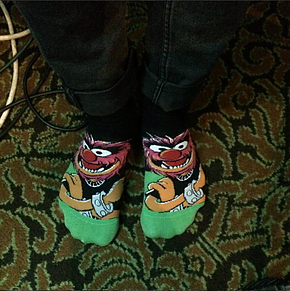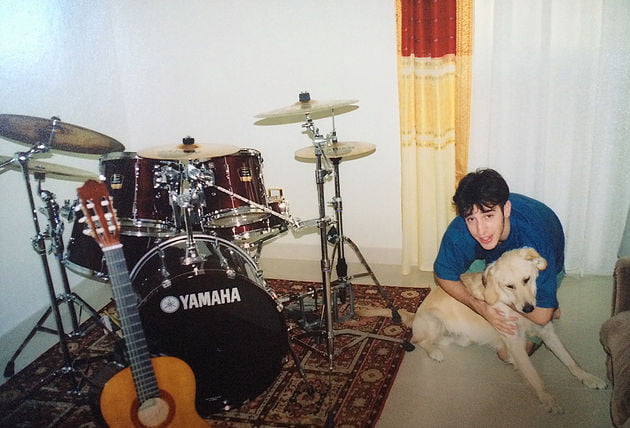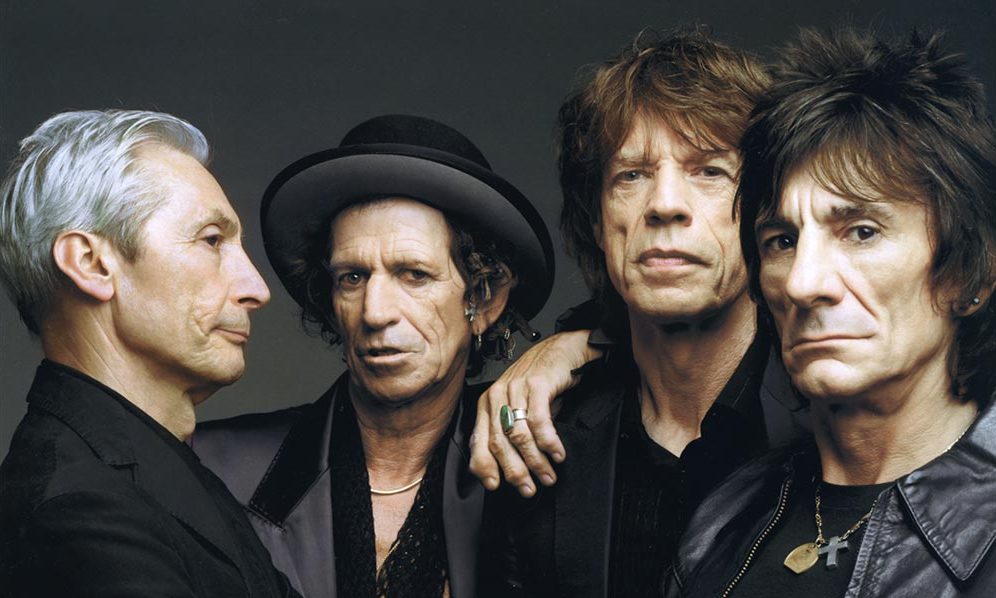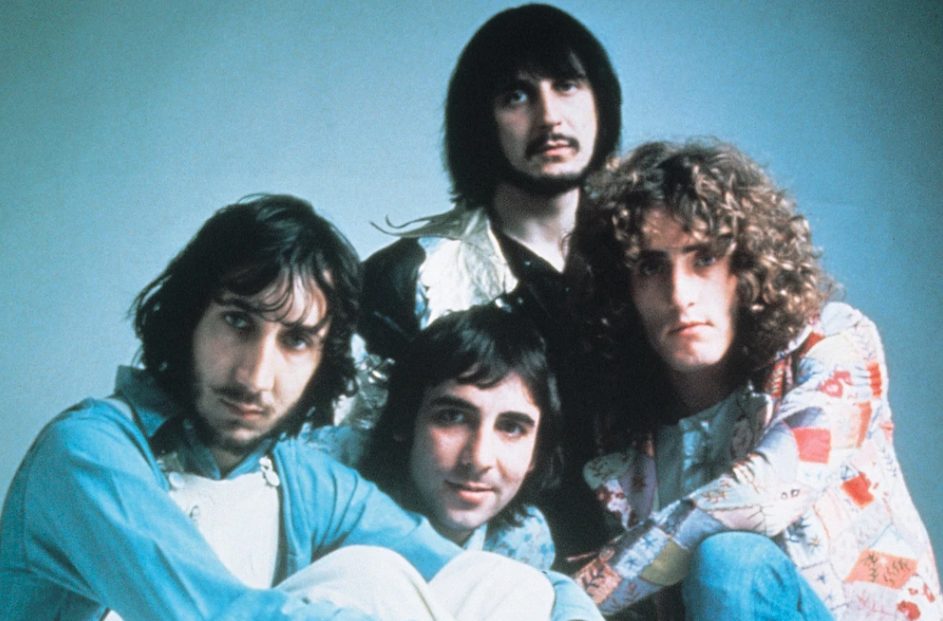This article explore how to learn drums better by using yoga principles. These will help you:
Gain awareness of your body and muscles in the context of developing technique
Improve technique by changing your approach to practice
Gain freedom and spiritual peace when practicing technique through focusing on your body
By the way, if you’re after my article on how to play drums, you can read it here. Anyhow, let’s continue…
Background
One of my drum students is a yoga instructor. Recently, during a drum lesson focusing on relaxing the wrists, hands and understanding rebound, she mentioned something that really caught my attention.
Whilst going through some hand exercises, she seemed almost hypnotised as she performed each stroke trying to generate rebound. I remarked on her focus, which she replied had to do with meditation. She pointed out that she’s able to stand barefoot on the floor and feel the ground beneath her feet for hours to be aware of herself; a technique borrowed from her training in yoga.

This got me thinking that part of learning good technique, essential when we learn drums and becoming a better drummer, effectively coincides with being aware of our body. More specifically, our muscles, movements, and truly feeling these experiences. In other words, being able to understand, isolate, visualise and feel muscles and movements in order to ‘work’ them to their full potential.
The goal when we learn drums, therefore and as with yoga, is to achieve physical and mental liberation; to remove our limitations. In the context of learning technique, this is to freely express what creatively comes to our mind and into the instrument in real time, without our bodies “saying no” to what our heart and mind sing.
Update 29/01/21: I now practice yoga daily, and this article rings more true than ever! If you’re interested in how to learn drums with a yoga-informed sensibility, check out my drum lessons and get in touch!
Re-examining the basics
So how can we learn drums better by using yoga principles? Let’s start by getting back to basics and re-examine what we take for granted. So, let’s look at defining percussion.
According to the Oxford Dictionary, percussion is a “musical instrument played by striking with the hand, a stick or beater, or by shaking”. It includes drums, cymbals, xylophones, gongs, etc.

Wonderful percussion instruments!
So when it comes to the drum kit, it’s our body using external tools, i.e. drum sticks, drum pedals, in order to produce the desired sound. Shouldn’t we, therefore, become intimately acquainted with such tools to get best results?
Certainly! Here are a series of questions that may, or may have not, already crossed your mind.
Our hands
How do the sticks feel in our hands (their weight, thickness, surface, material and vibration)?
How do the sticks rebound on different surfaces, and how that feels to our hands?
What’s happening with our fulcrum, and auxiliary fingers (or the cradle, as I like to call them)?

Be mindful of how you grip the drum sticks, how your hands and arms move, etc…
Our feet
Explore your relationship relative to these tools. Consciously examine how they feel, how you use them. How they currently react and function, how they should, or perhaps how you want them react and function; what are the physics, and mechanics taking place?
Think of oneness with the instrument as the goal of this exercise. To work as one with it, in harmony.
Yoga and mediation
Yoga aspires to instil oneness / harmony, which leads to liberation; to be completely free. Adyashanti, an American-born spiritual teacher, describes this liberation as “emptiness dancing”, or perhaps in our case, “emptiness drumming”.
To achieve harmony, we’ll need to consider the following Yoga concepts, as identified by, London-based Yoga teacher, Charlotte Carnegie on her book The Incomplete Guide To Yoga:
- The ground and how it feels beneath you (i.e. sitting on the stool, your feet on the pedals). Drop and relax into it.
- Softness is strength, not a weakness. Let go and soften your body as much as you can, asking yourself how much can you let go.
- Laughter, joy, curiosity, and wonder. The experience of learning new things should be joyful.
- Listen intently, and do so with your whole body. Be aware of sounds, vibrations, and your surrounding.
- Feel. Open and free your chest and ribcage to focus on the physical sensation of playing.
- Connect your pieces together to achieve fluidity; your body parts working as one.
- Flow. Relax through your hips, pelvis, chest and shoulder girdle.
Create space in your mind, body, and time. For instance, attend to the spaces between the notes when refining your timing. Or the space between the drum head and tool (stick, pedal beater) when refining dynamics.

In Practice
As previously mentioned, removing limitations from our body opens doors to freedom. By utilising all of our senses in the development process, we will achieve a more rounded experience of our bodies and tools we’re working with to achieve our goals.
Hands
For instance, when explaining the principles of rebound and stick control, I refer to the basics. How our grip should, by definition, flow freely with our sticks’ movement, without intruding on it’s natural trajectory and force. This means a relaxed fulcrum, and fluid cradle.
For this to happen, our body needs to be soft, and aware that our movements are interconnected (i.e. arm, wrist, fingers). These fingers must become accustomed to feeling how the stick moves, adjust to the movement and provide the necessary space required. The trick is in visualising and isolating each finger to let the stick flow in order for rebound to occur as freely as possible.
An example of this would be that this feeling can help us evaluate when a double stroke or controlled rebounds are required.
The same principles applies to our feet, with both the bass drum and hi hat pedals. We want to drop into the ground and feel the surface underneath our feet, and how these surfaces react to our movements. The more intimate the relationship with the tool, the more limitations we can overcome.
Taking the heel-toe technique as an example, it’s important to understand that the initial stroke of the two doesn’t come directly from the heel, but from the sole of the foot. This happens as we drop, not push, our foot onto the pedal which suggests the motion is a relaxed one. This also applies to our toes, which should remain on the pedal board the whole time, providing a constant connection and conduit to feel.

Where do we start with all this?
Yoga can be based around the basic surya namaskar (sun salutation) vinyasa (sequence). Different positions can then be added to this vinyasa once mastered – like building blocks. We should apply the same principle to technique, adding the points addressed above into our development process and awareness through practice.
Let’s revisit basics such as our grip, single strokes, etc. Yet, this time, focusing specifically on the muscles and muscle groups involved, and how our choice of tool interacts with our anatomy and application of it.
Conclusion
So! Everything we’ve talked about has several threads in common, yet repetition is the one I’d like to finish with. As boring as it may sometimes seem, when we learn drums, repetition is key. However it needn’t be a drag if we can also achieve freedom and spiritual peace as we practice by focusing on our movements and truly feeling our instrument.
Learning should be a joyful experience – gaining and improving our skills can only benefit us, which should make us happy! Give yourself to your practice; be at one with the process to achieve better results. This will, in turn, bring you inner peace, which you can then be applied not only to your playing, but to every day life as well.
Update 29/01/21: There are some fantastic yoga apps out there including Down Dog, DDPY, and others. Check them out! I have experience with both, currently using the Down Dog; they’re both very different, but great!
Thanks for reading, and if you liked this and are interested in my drum lessons, check them out here and get in touch!
Originally published by Modern Drummer, October 2015.




















